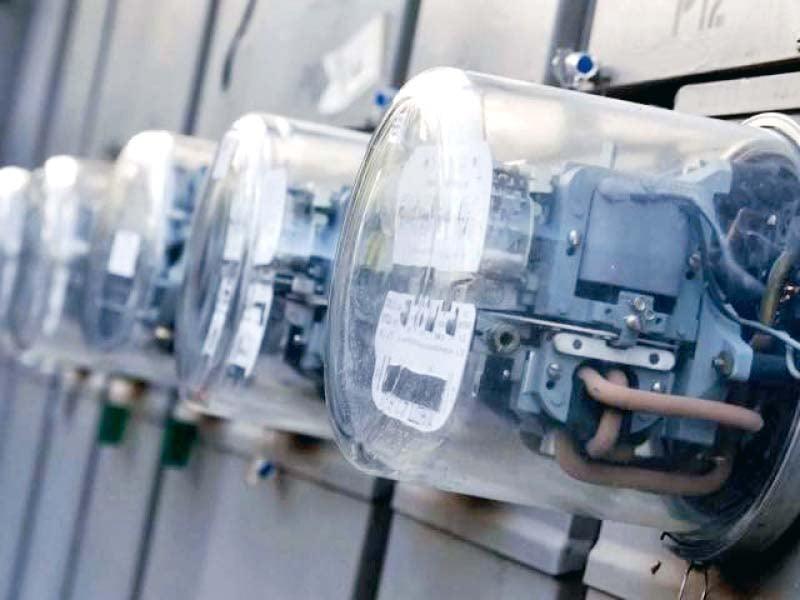Islamabad:
The officials of the Energy Division informed Wednesday to the National Energy Committee of the Assembly Assembly, which met with the president of the Muhammad Idrees committee in the president, who were working on the provision of loans without interest to change the wells from tube to solar energy.
The Secretary of the Energy Division also informed the Committee that the authorities were in negotiations with the IMF for the reduction of taxes on electricity invoices. At the moment, he added, only rupees from 800 to 900 billion taxes of electricity invoices were collected.
The committee discussed several issues related to the cost of generation and billing to consumers. The meeting was informed that the imported coal power generation costs RS16 per unit, while the local coal costs RS4 per unit.
During the meeting, the member of the Rana Muhammad Hayat committee said that the electricity bills and the expenses of the Water and Energy Development Authority (WAPDA) had increased during the last four years. He asked the official about the cheapest energy generation sources.
On that, the officials of the Energy Division responded that the cost of the electricity of the local coal would be RS4 per unit. “Currently, the cost of imported coal electricity is RS16 per unit, and the cost of generating electricity from oil is RS30 to 32 per unit,” the response said.
Another member of the Committee, Syed Mustafa Kamal, raised the question about any plan to change coal -based plants after closing hydroelectric projects (Hydel) and thermal. “What will be the plan if there is a problem with coal -based plants in the future?” He asked.
The Secretary of the Energy Division said that the department was working on the forecast of the electricity plants for the next 10 years, and added that many of the oil power plants would be closed in the next three years. “We can establish coal plants in a short period of time,” said the secretary.
Malik Anwar Taj asked about the planning of underground electricity collapses to reduce theft and losses. He pointed out that Islamabad incurred minor losses and cases of robbery due to underground cables. However, the secretary emphasized that it was not the complete solution to those problems.
Kamal emphasized the need to break the monopoly of the public services company, saying that K-Electric was privatized, but his monopoly on the distribution of energy in Karachi remained intact, so people were forced to buy electricity only to K-Electric. People should have the option to change to another utility, they suggested.
The secretary agreed with the legislator and told the committee that Power’s division was working on the plan to create a free electricity market. “Consumers can buy electricity from any company, they want,” he said.
“Very soon, electricity consumers can also read their own meters. We are working on the development of mobile applications for all discos [Distribution Companies] And consumers can take a photo of the reading history of the mobile phones and send it, “he added.
The meeting formed a subcommittee to analyze the issue of 7.8 million additional units for consumers of the consply company’s consumers (Lesco). The authorities said that 800,000 meters had been replaced in Islamabad, while another 1.2 million meters would be replaced by smart meters.




